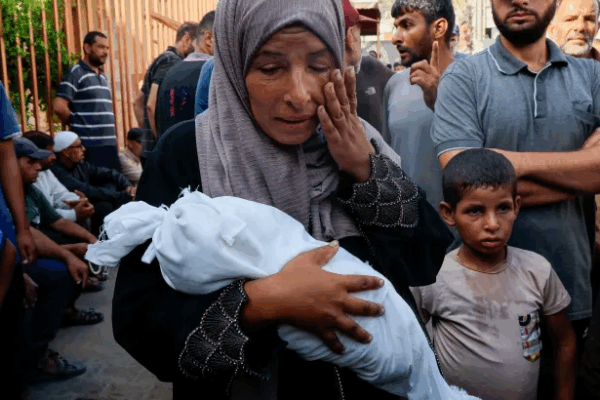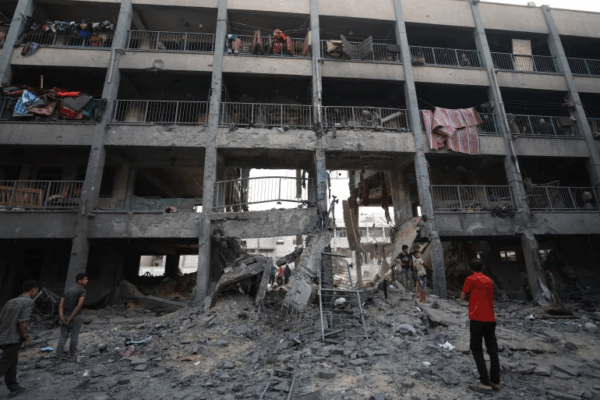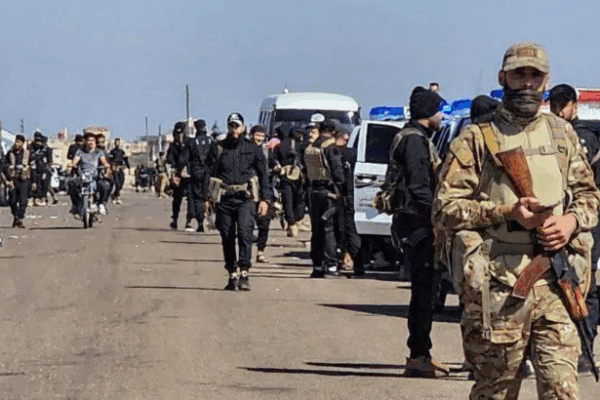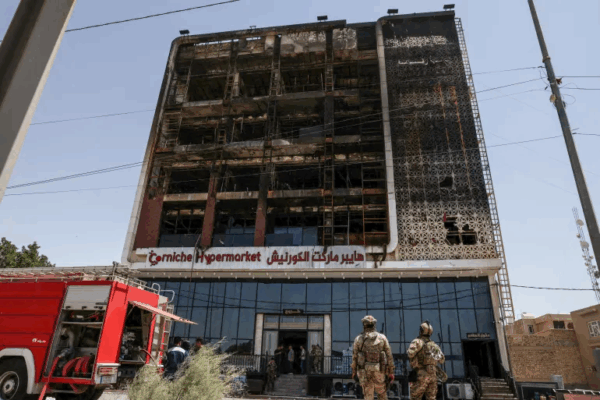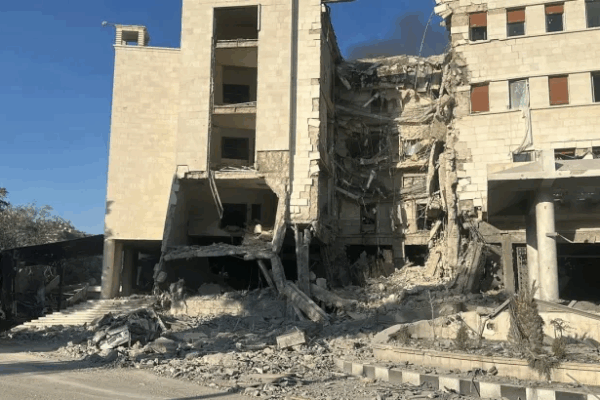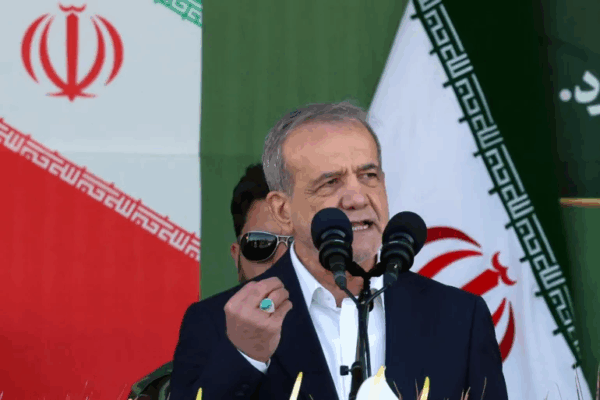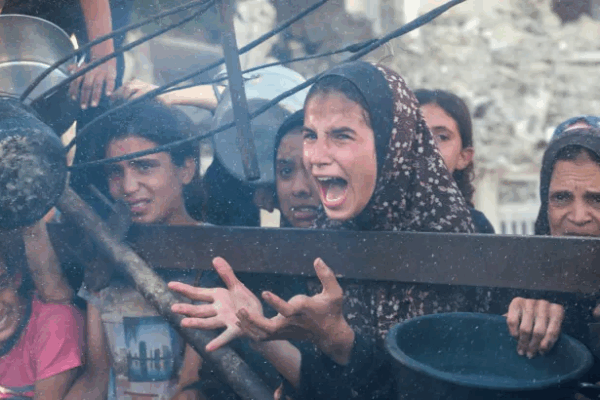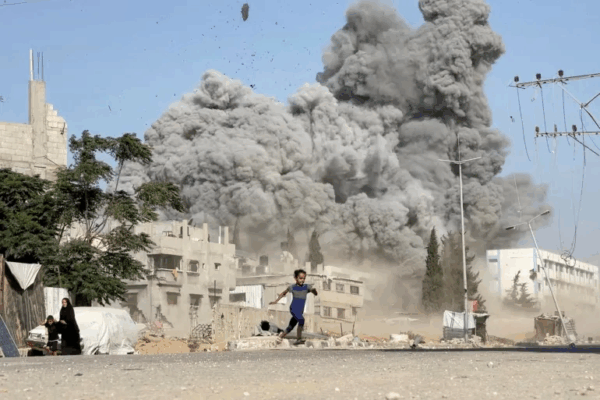
Will Israel Ever Face Blowback for Bombing Its Neighbours?
Israel’s recent military campaigns have raised questions about whether its short-term gains will ultimately be overshadowed by increasing regional and international isolation. On July 17, 2025, Israeli airstrikes targeted a school sheltering displaced people in the Bureij refugee camp in Gaza, an incident that has intensified criticism of its actions. Over the past two years, Israel’s military operations have expanded beyond Gaza and the West Bank, striking Iran, Lebanon, Syria, and Yemen. This week, Israel launched fresh attacks on Syria, including a strike on the Ministry of Defence. The Israeli government insists these operations are defensive in nature, claiming that its strikes in Syria aim to protect the country’s Druze minority. While a US-brokered ceasefire is currently in place, its durability remains uncertain. In Lebanon, Israel maintains that its assaults are meant to counter the threat posed by Hezbollah. Similarly, attacks on Iran have been justified as efforts to prevent Tehran from developing nuclear weapons. Israel also frames its bombings in Yemen as a response to attacks from the country’s Houthi rebels. However, critics argue that these justifications have done little to alter the perception of Israel as an aggressor in the region. Israel’s far-right government appears unfazed by accusations of aggression, prioritizing fear over friendship with its neighbours. The belief in maintaining military dominance, bolstered by unwavering US support, underpins Israel’s confidence. This dynamic allows it to act largely without consequence, even as it faces growing condemnation on the world stage. The changing international order has also played a role. With the United States adopting a more transactional foreign policy under President Donald Trump, and global institutions like the United Nations struggling to enforce international law, Israel has capitalized on the moment. Its decades-long occupation of Palestinian territories, deemed illegal under international law, has continued unabated, with new settlements expanding across the West Bank. Human rights organizations have repeatedly accused Israel of committing war crimes and even genocide in Gaza. Yet, these accusations have translated into few tangible repercussions. Israel remains shielded by its nuclear capability and the absence of any major power willing to challenge it directly. This has reinforced a sense of impunity, with military might taking precedence over diplomatic solutions. Supporters of Israel’s aggressive strategy argue that its main adversaries, such as Iran and Hezbollah, have failed to deliver the severe retaliation many predicted. Although Iran directly struck Tel Aviv in unprecedented attacks, the conflict lasted only 12 days without escalating into a broader regional war. Hezbollah, after suffering significant losses and the death of its leader Hassan Nasrallah, is currently weakened and poses a reduced threat. However, Israel’s growing hubris could lead to miscalculations. In Syria, efforts to control southern regions under the guise of protecting Druze communities have sparked tribal conflicts. The Syrian government, after withdrawing forces, was forced to return to Suwayda to curb the violence, illustrating that a strong state presence may be more stabilizing than the chaos Israel’s policies often leave behind. Regionally, Israel’s actions have strained potential alliances. Saudi Arabia, for instance, has expressed stronger support for Syria’s new government and has grown hesitant about pursuing normalization under the Abraham Accords. For many Gulf nations, Israel’s expansionist posture and far-right leadership are sources of instability and risk. While Israel’s military power ensures short-term victories, the long-term repercussions may prove costly. Domestically, prolonged conflict is eroding morale, with reports of declining reservist participation. Internationally, Israel risks alienating key allies and facing diplomatic isolation, even as US public opinion begins to shift. Without a sustainable strategy for peace and coexistence, Israel’s current approach could ultimately backfire, leaving it more vulnerable and isolated in the years ahead.


